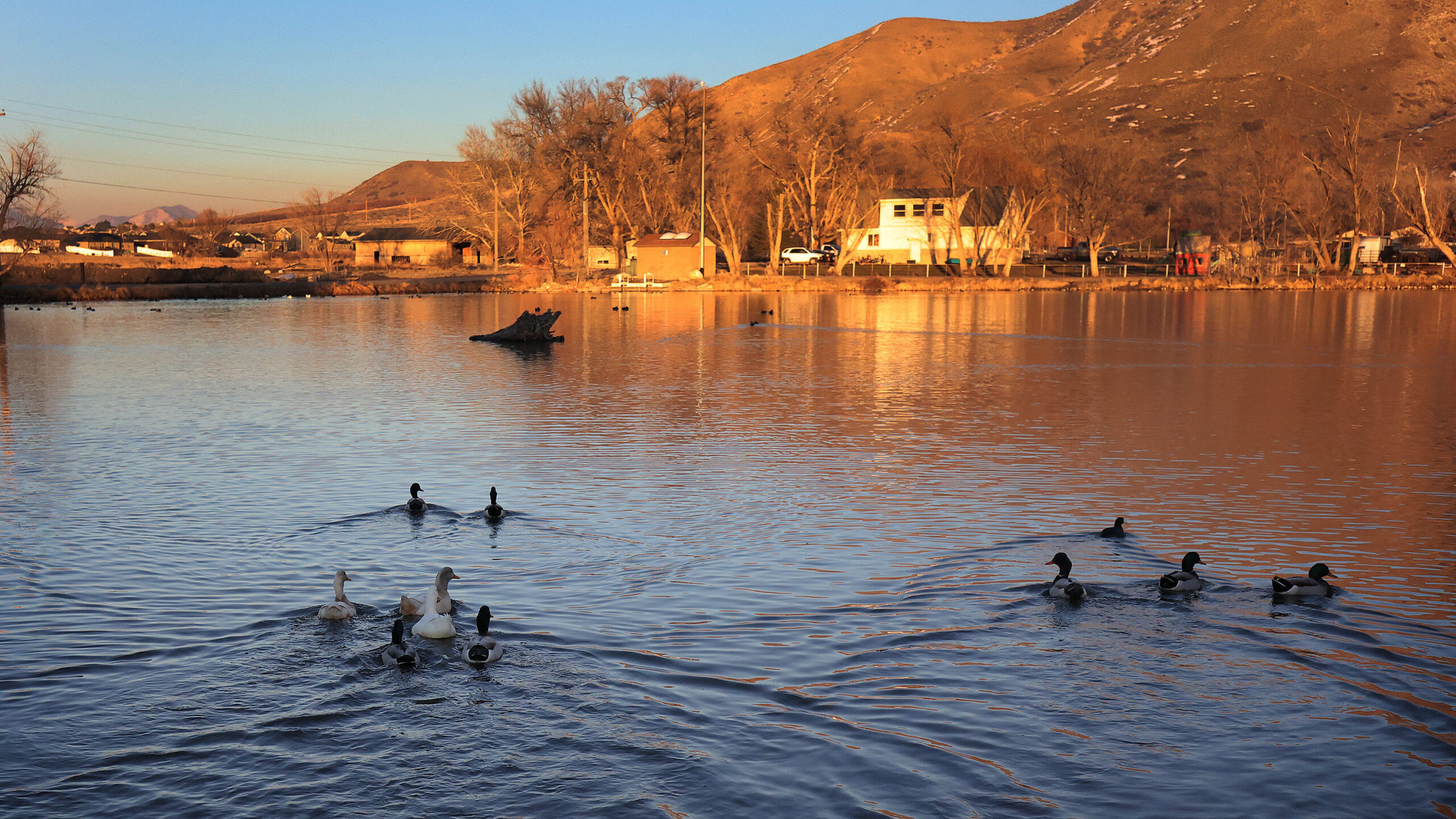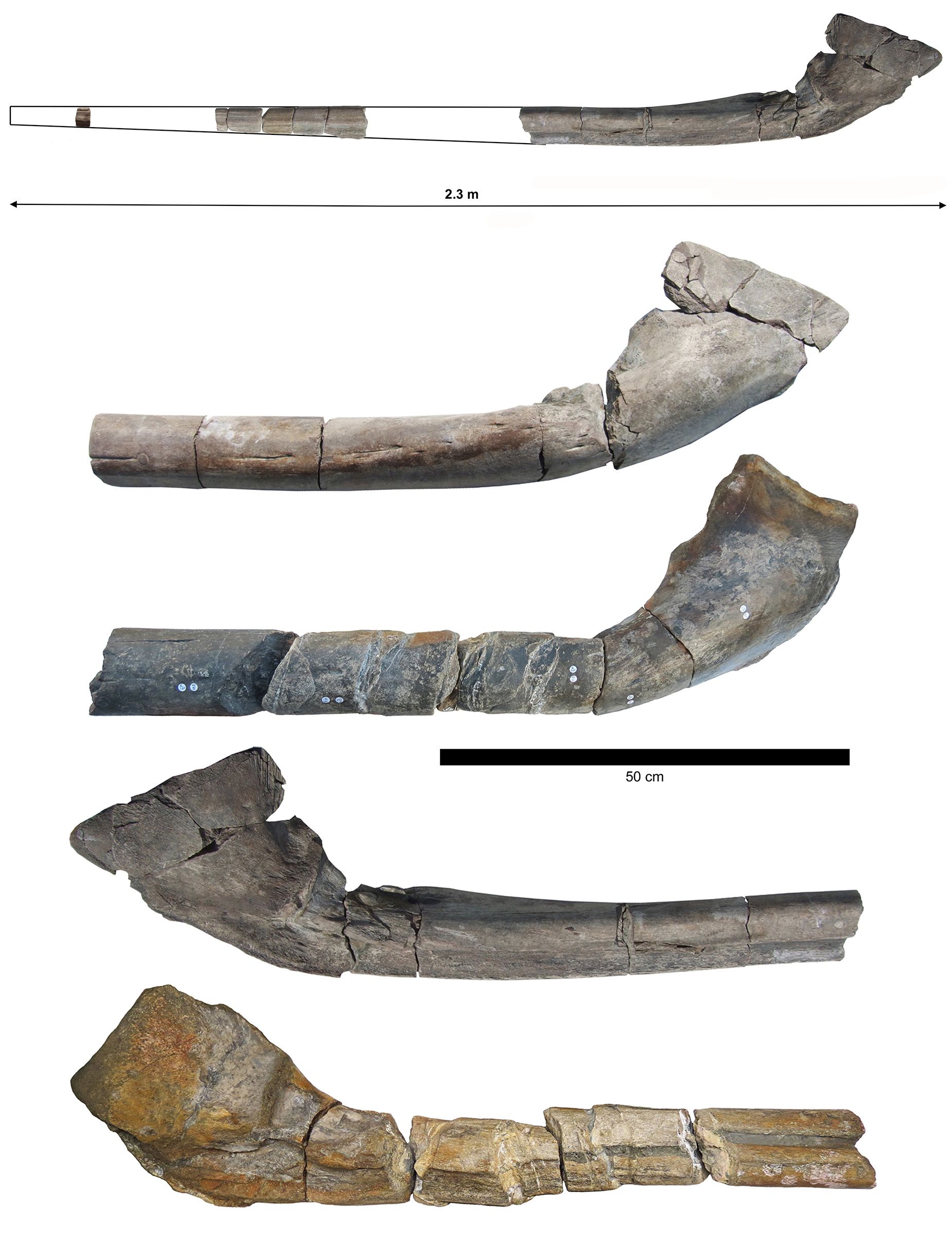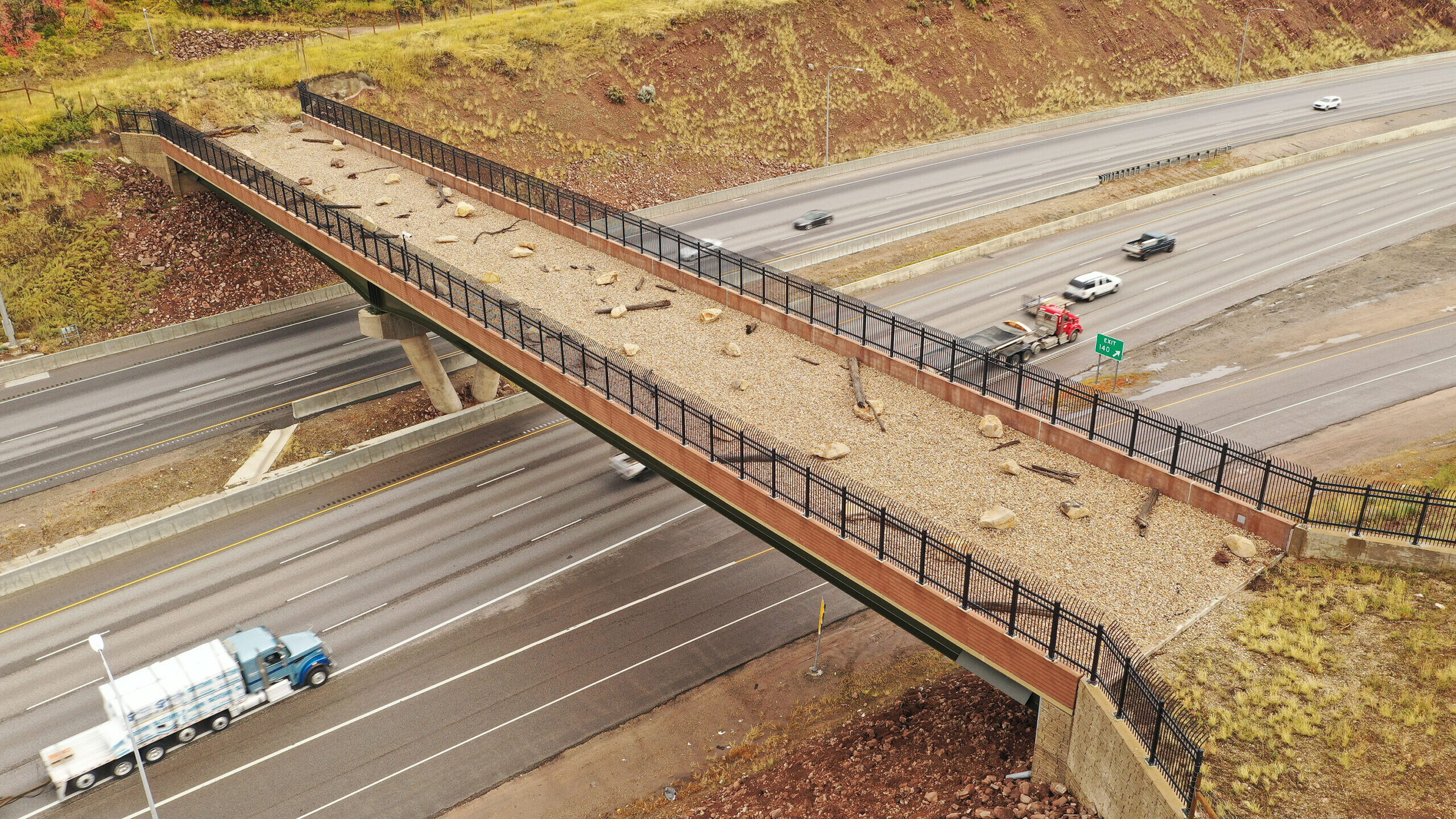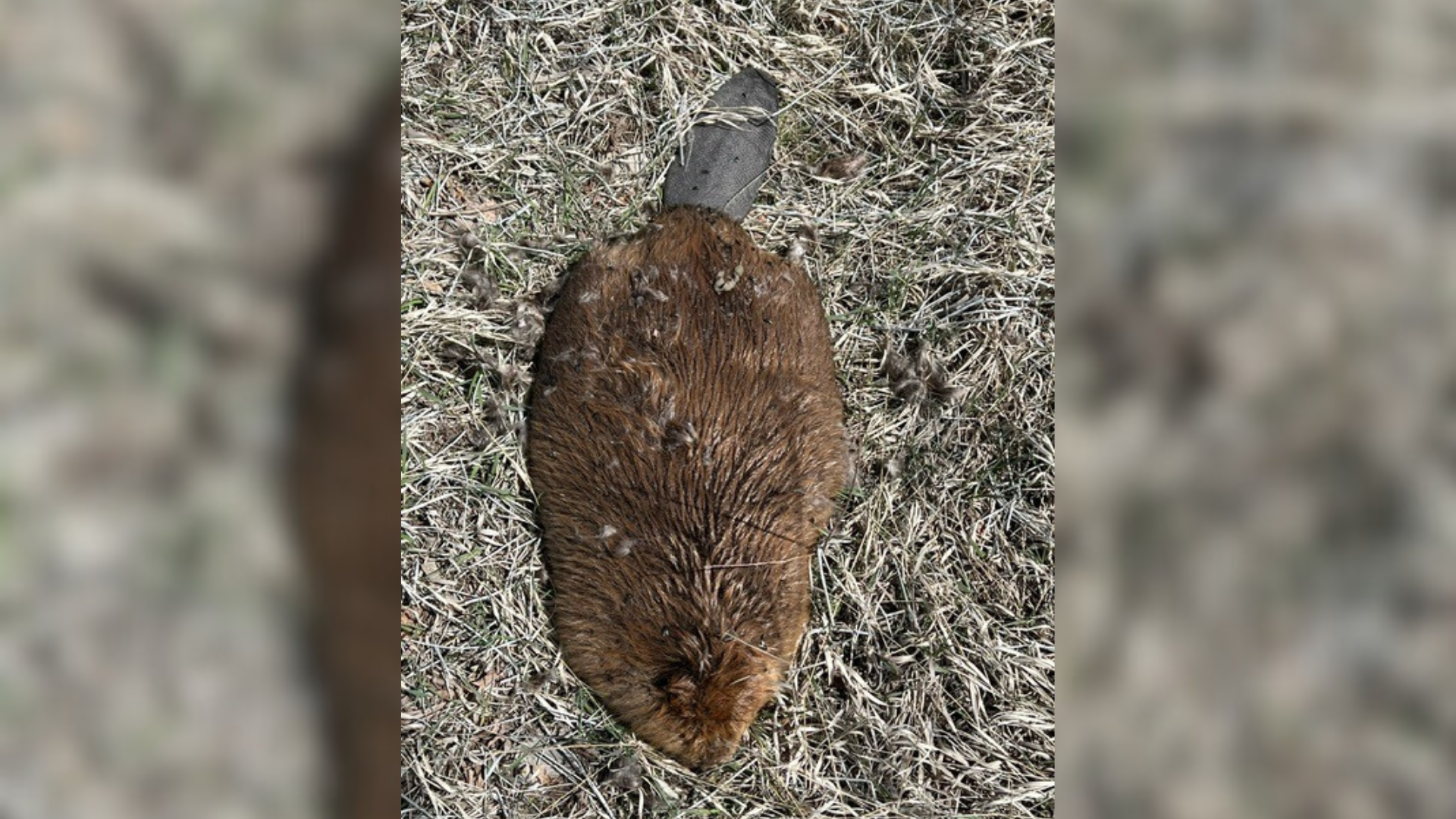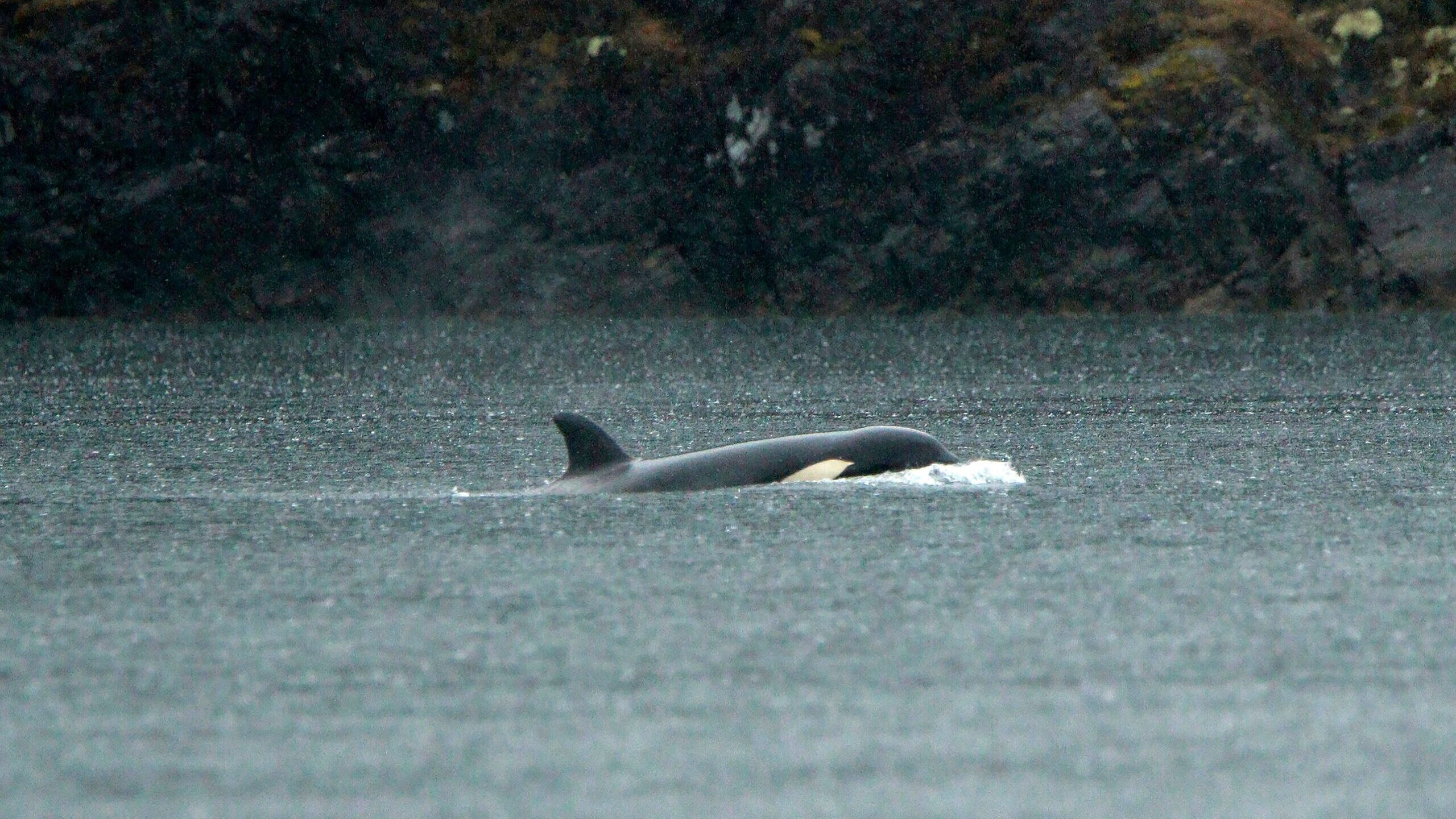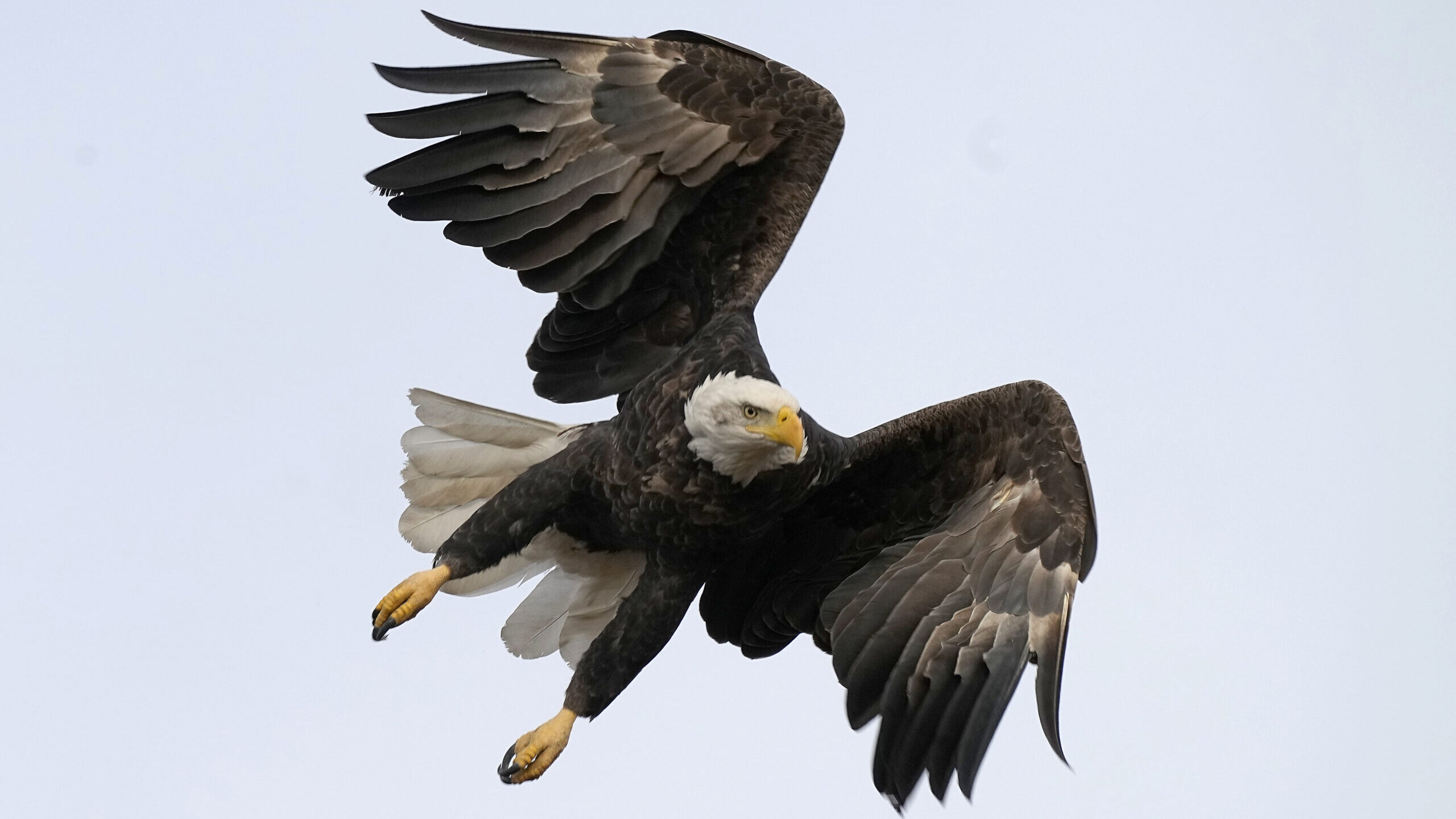Avoiding bear conflicts in Utah’s backcountry
May 20, 2023, 8:00 AM
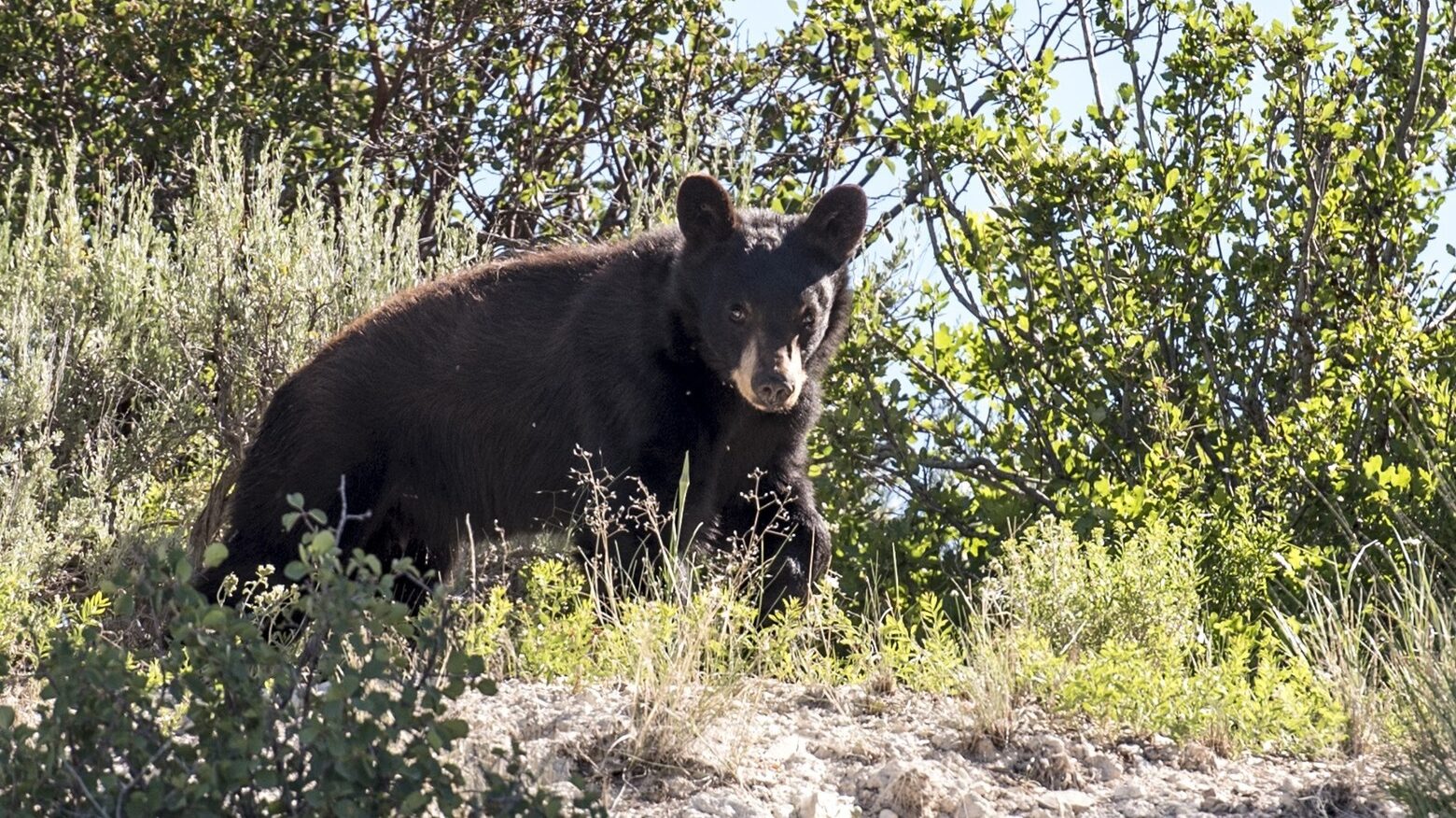
This undated photograph provided by the Utah Division of Wildlife Resources shows a black bear. Wildlife officials say reports of bears. (Utah Division of Wildlife Resources, via AP)
(Utah Division of Wildlife Resources, via AP)
SALT LAKE CITY — If you’re like me you no doubt had at least one morning during our snowy winter where you woke up, looked at the window to find 6-12 inches of new snow in the driveway and decided to simply go back to bed!
Turns out we humans are not alone. Utah’s bear populations have been slow to exit the den following hibernation because of all the white stuff too!
In fairness we can’t be sure if that was a conscious decision on their part to simply get more sleep or whether the depth of the snow prevented them from beginning their search for spring food. Either way it has the states biologist a bit worried.
The bears’ health AND YOURS
Darren DeBloois, the Division of Wildlife Game Mammals Coordinator and told KSL Outdoors Radio that Utah’s bears will no doubt come out a bit thinner. And a bit more hungry for the plants and insects that make up about 90% of their diets this time of year.
Since much of that food source is also likely to still be under the snowpack they may get a bit more aggressive and less selective in their buffet choices. When avoiding bear conflicts remember bears number first instinct when coming out of hibernation.
DeBloois describes a bear as basically, “a nose attached to a stomach.” Meaning that especially this time of year they have a one track mind to start rebuilding their fat storage.
Hikers and campers almost act as the “Door Dash” for bears!
The food you pack in a backpack or cooler will be even more enticing to a bear that pushed snooze on the spring alarm clock.
We should always point out that bears are just as anxious to avoid you as you are to avoid them but if they catch of whiff of something tasty the desire to investigate becomes as driving a force.
Remember the last time you walked down Main Street U.S.A. at Disneyland and were drawn into the Candy Palace? Walt knew that by pumping the smell of fresh-made candy would be irresistible to passers by….you get my point!
So let’s talk about how to bear-proof your food and supplies and importance of avoiding bear conflicts.
Bearproofing your camp spot
One thing that may prevent an increase in bear encounters at least early in the season is that the same snowpack that poses the challenge in the hunt for food may also keep you away from your favorite camp spot.
For those that are lucky enough to find a place to set up camp, prioritize avoiding bear conflicts. First and foremost keep anything that smells inviting out of your tent and away from where you sleep. That includes toothpaste and deodorant. Storing them in a locked trailer or trunk of your car are a few suggestions.
Set up your cooking area away from your sleeping quarters as well so that any leftover smells don’t become a calling card.
Put any oil or grease in a sealed container and take it home with you. Be mindful that anything you leave behind after your return to civilization can become a threat to the next set of campers, hikers or the bears themselves.
Never feed a bear! There is an old saying that “A fed bear, is a dead bear” meaning once they successfully find a food source they will return for another sampling. This makes it more likely that there will be a negative interaction with humans. Consequently, the Division of Wildlife Recourses will be forced to either relocate or euthanize the bear.
Bearproofing your home
Some of you may be lucky enough to live or have a cabin in an interface zone with a bear habitat and it’s just as important to bear-proof those areas as well by removing simple things:
- Birdfeeders (both seed and hummingbird)
- Fruit Trees
- Compost Piles where you may throw food scraps
- Beehives
- Pet food and water bowls
Seeing a bear in the wild can be one of the most exhilarating and memorable experiences of your life as long as it’s from a fair distance!
Related reading
- Several wildlife-related bills get approval from Gov. Cox.
- The Beehive state is ranked among worst beekeeping states


